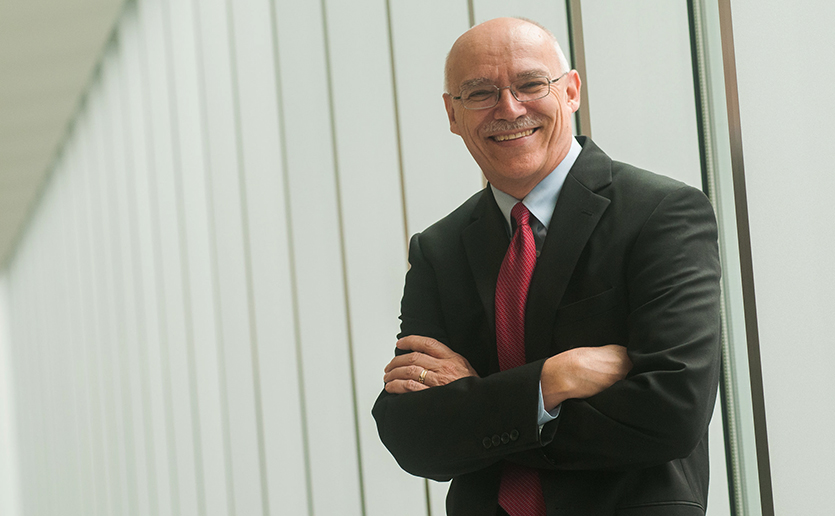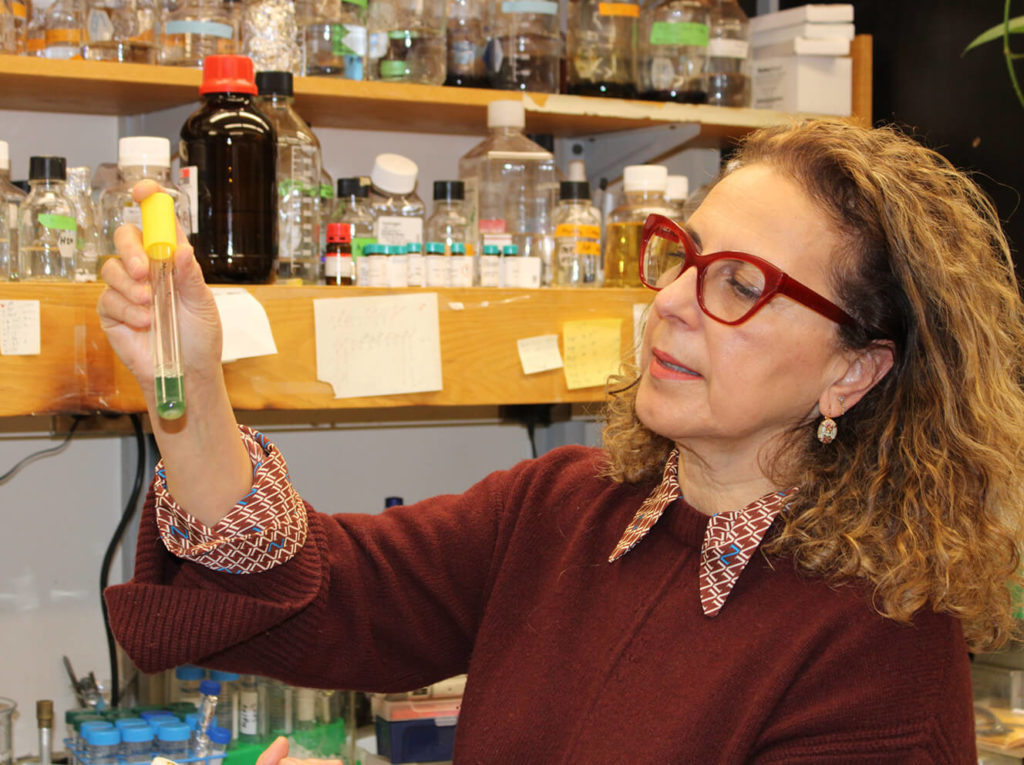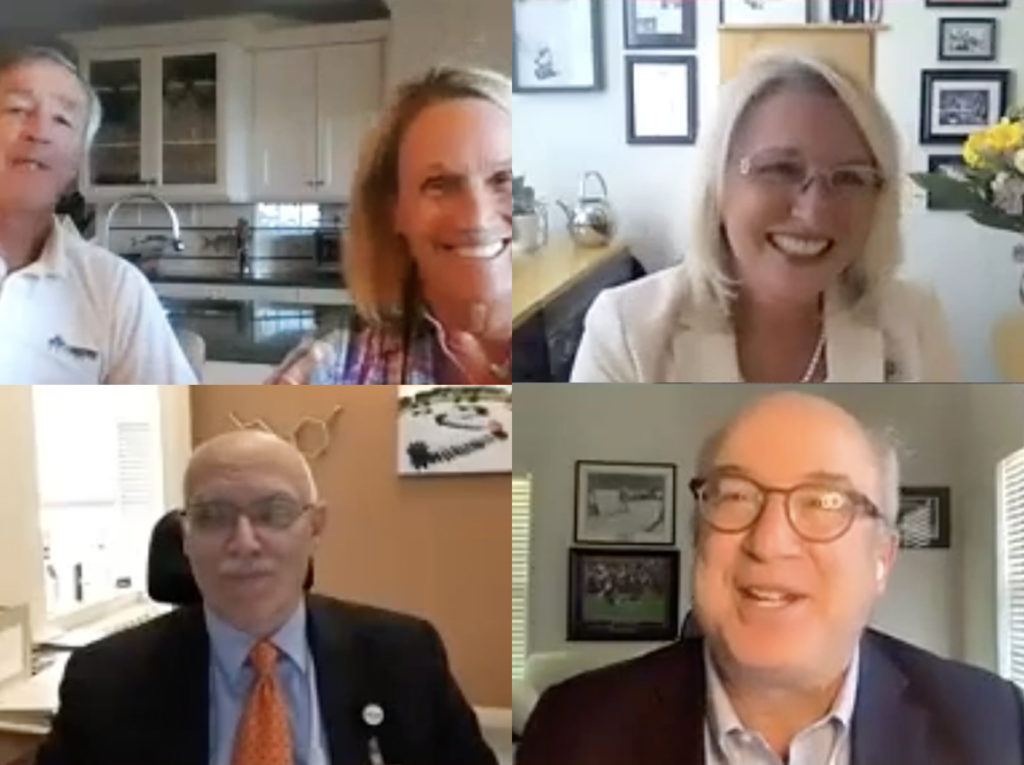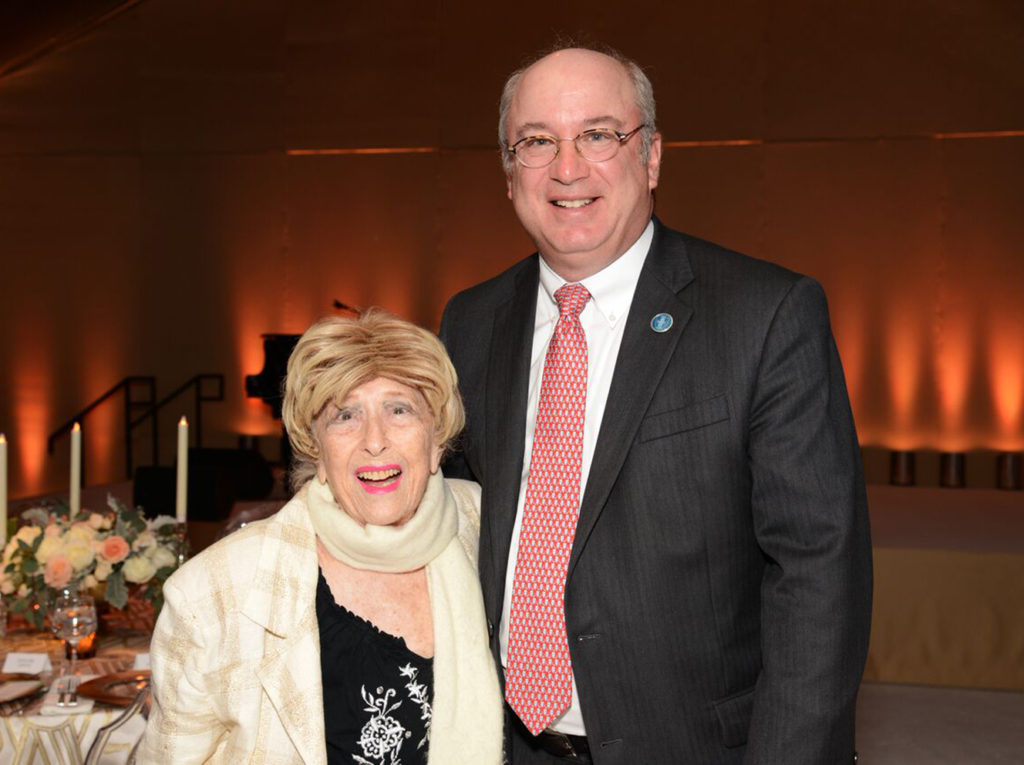A commitment to research has kept Massachusetts General Hospital at the forefront of medical innovation for more than 200 years. Today, some of the hospital’s most pioneering research takes place in specialized centers, each focused around a unique theme. These thematic research centers include the Center for Computational and Integrative Biology, the Center for Genomic Medicine, the Center for Regenerative Medicine, the Center for Systems Biology and the Wellman Center for Photomedicine. These centers are part of the Mass General Research Institute, which guides, supports and promotes science at the hospital.
Harry W. Orf, PhD, senior vice president for research at Mass General, oversees the thematic centers. He recently discussed their role within the hospital and the best way to kick-start new scientific ideas.
This powerful model allows us to bring people working in the same crosscutting field together …
What role do the thematic research centers serve?
Traditionally, research at the hospital was based in clinical departments and their divisions, such as the Department of Medicine or one of its divisions, such as cardiology or endocrinology. The thematic centers are formed around research areas that cross departmental boundaries.
I’ll give you an example: the Center for Genomic Medicine focuses on research in the genetics of disease, but not one particular disease. Accordingly, the faculty in the center come from across the hospital — psychiatry, neurology, radiology, medicine. This powerful model allows us to bring people working in the same crosscutting field together in an independent space with all the technologies, materials and equipment they need to advance their research.
Why is research important for hospitals?
We need to distinguish between a hospital and an academic medical center. When we say hospital, most of the time we’re speaking about community hospitals. They treat people who are sick. Mass General is an academic medical center. Academic medical centers treat patients too, but they are also deeply involved in research to improve patient care.

• New Innovator Awards Go to Three Investigators
• Genomics Researchers Elevated by Collaboration
• Researchers Target a Protein that Causes Dementia
• Research Scholars: The Power of Bold Giving and Big Ideas
Research moves the needle. One third of all Mass General employees are involved in research — that’s 8,500 people. Of that number, we have 2,000 principal investigators leading research programs. Of that 2,000, half are PhD or MD scientists doing fundamental research studying the biology of systems and disease. The other half are clinicians who treat patients, do clinical research and conduct clinical trials. We have as many fundamental scientists as Harvard or MIT. And we’ve got another thousand clinicians also involved in research. That’s what makes Mass General special.
What impact have the thematic research centers had?
Many of the clinical trials and clinical research programs conducted at the hospital are the direct result of work done in our thematic centers. The centers are also a source of royalties and licensing revenue based on their discoveries. The Wellman Center for Photomedicine, for instance, receives significant funding because of its success pioneering things like the laser removal of tattoos.
What brought the centers into being?
They came from a suggestion by our Scientific Advisory Committee (SAC). Its members meet to review the hospital’s research efforts and provide advice. They recognized the emergence of new research areas that didn’t fit the traditional mold.
Even small donations can make an enormous difference to a young investigator.
Will the centers still exist in 10 years?
All are going strong, but we’re always evaluating to ensure they stay relevant. For example, we recently expanded the scope of the Center for Computational and Integrative Biology around a new theme: the microbiome. The term microbiome, in this case, refers to the genetic material of the community of microorganisms that inhabit the human gut and its relationship to our health.
Why should donors be excited about research?
Grateful patients are an enormous source of philanthropic support at Mass General. The people who are making the new discoveries, the people pushing the boundaries of medicine, they are often not interacting directly with patients, so it is important to make their work visible.
Most of our researchers rely on grants to pay themselves and their staff. Grants these days are especially competitive — especially if it’s a new idea — and it’s almost impossible to get a peer-reviewed grant without solid preliminary data. Philanthropy is the most important source of funds to kick-start new research. Even small donations can make an enormous difference to a young investigator. They can provide important seed funding to allow the new idea to be tested and validated so peer-reviewed grant funding can be secured.
To learn more about how you can support research at Mass General, please contact us.
The Research Institute: Saving Lives Through Science
 The Massachusetts General Hospital Research Institute is the largest hospital-based research program in the United States, with a community of more than 8,500 people working across more than 30 institutes, centers and departments.
The Massachusetts General Hospital Research Institute is the largest hospital-based research program in the United States, with a community of more than 8,500 people working across more than 30 institutes, centers and departments.
Our researchers work side-by-side with physicians to pioneer the latest scientific advancements for curing disease and healing patients in Boston, across the United States and around the world.
To learn more about the Research Institute, please visit our website.







